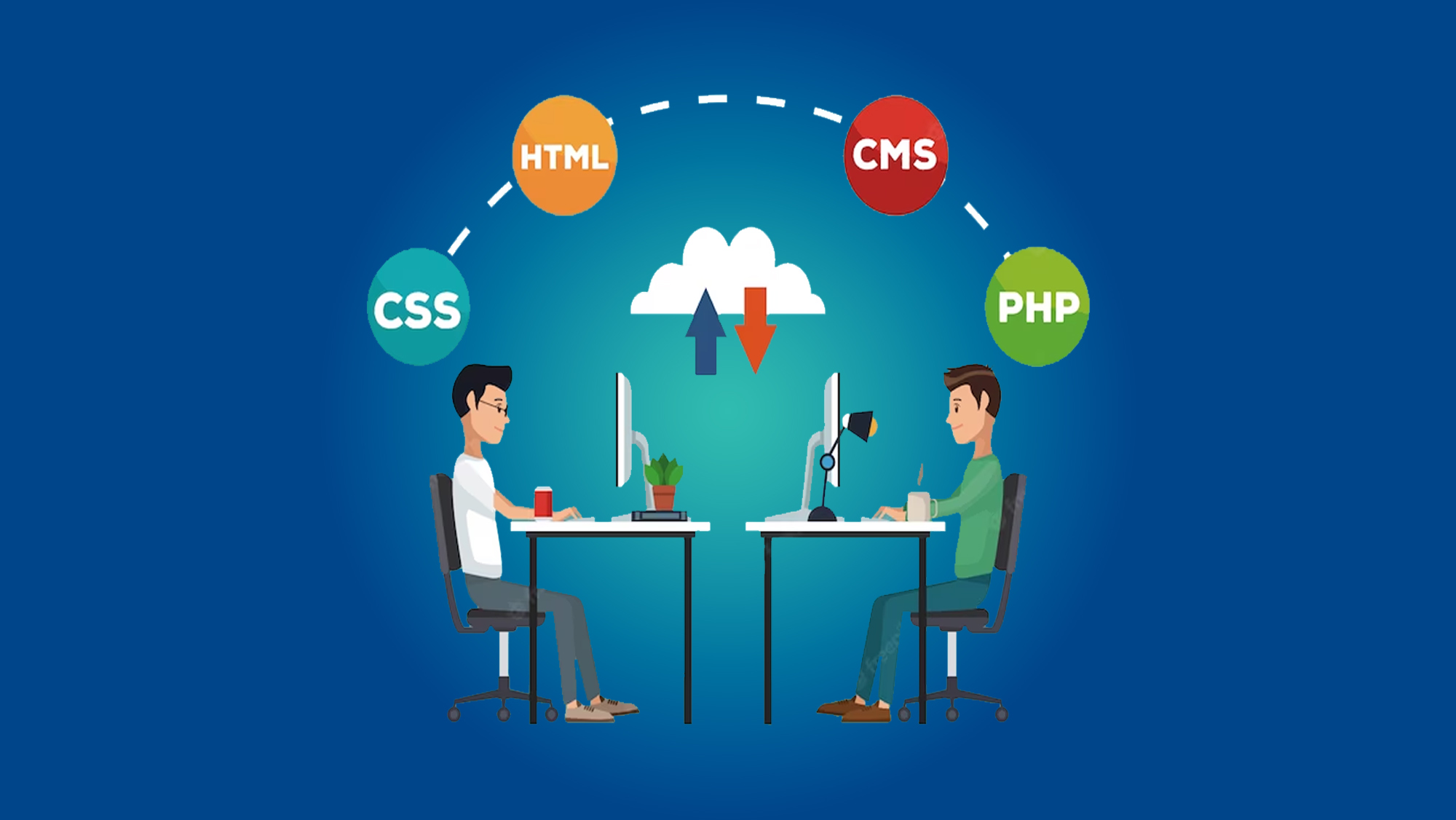Core Spring Training Options
- Instructor-Led Training (ILT): Many training providers offer instructor-led Core Spring courses either in-person or online. These courses are led by experienced instructors who guide participants through the core concepts, best practices, and hands-on exercises. ILT courses often provide a structured learning experience with opportunities for interaction and Q&A sessions.
- Online Courses and Tutorials: Numerous online platforms offer self-paced Core Spring courses and tutorials. These resources allow you to learn at your own pace and provide video lectures, coding exercises, and quizzes to reinforce your understanding. Online courses are often designed to be flexible, allowing you to access the material at any time and from anywhere.
- Spring Certification Programs: The Spring organization offers certification programs that validate your knowledge and skills in Core Spring and other Spring modules. These certifications, such as the Spring Professional Certification, demonstrate your expertise and can be a valuable asset when seeking job opportunities or advancing your career.
- Documentation and Official Guides: The official Spring documentation and guides provide comprehensive information on Core Spring and other Spring modules. These resources are freely available and cover topics ranging from basic concepts to advanced techniques. They serve as a valuable reference for self-learning and exploring specific aspects of Core Spring.
- Community Forums and User Groups: Engaging with the Spring community can be an excellent way to enhance your understanding of Core Spring. Online forums, discussion boards, and user groups allow you to connect with experienced Spring developers, ask questions, and share insights. The community often organizes meetups and conferences where you can attend sessions focused on Core Spring and network with like-minded professionals.
Who can do Core Spring Courses
Core Spring courses are suitable for software developers, programmers, and engineers who want to learn the Spring framework and enhance their Java application development skills. It is beneficial for individuals involved in enterprise-level application development, including software architects, technical leads, and system administrators. Whether you are a beginner seeking to understand the basics of Spring or an experienced developer aiming to deepen your knowledge of Core Spring concepts like dependency injection and aspect-oriented programming, these courses provide valuable insights and practical hands-on experience.
Why is Core Spring Training Important?
- Understanding the Framework: Core Spring training helps developers gain a comprehensive understanding of the Spring framework and its core features. It covers essential concepts like dependency injection, inversion of control, and aspect-oriented programming, enabling developers to leverage these features effectively in their applications.
- Enhanced Productivity: With Core Spring training, developers learn best practices, design patterns, and techniques for building robust and scalable applications. This knowledge improves their productivity by enabling them to write cleaner, more maintainable code and use Spring's features to streamline development tasks.
- Efficient Dependency Management: Core Spring emphasizes dependency injection, which allows for loose coupling between application components. Training in Core Spring equips developers with the skills to manage dependencies effectively, making their applications more modular, testable, and easier to maintain.
- Cross-Cutting Concerns: Core Spring includes support for aspect-oriented programming, which helps address cross-cutting concerns like logging, security, and transaction management. Training in Core Spring enables developers to modularize and manage these concerns separately, leading to cleaner and more maintainable codebases.
- Integration Capabilities: Spring is known for its integration capabilities with various frameworks, libraries, and technologies. Core Spring training equips developers with the knowledge to integrate Spring with other technologies commonly used in enterprise applications, such as databases, messaging systems, and web services.
Core Spring Career Opportunities
- Java Developer: With expertise in Core Spring, you can work as a Java developer, building enterprise applications using the Spring framework. You will be responsible for developing, testing, and maintaining Java-based applications, utilizing Core Spring's features and modules.
- Spring Developer: As a Spring developer, you will specialize in developing applications using the Spring framework, including Core Spring. You will work on designing and implementing various components, such as dependency injection, AOP (Aspect-Oriented Programming), data access, and web development using Spring MVC.
- Full-stack Developer: With knowledge of Core Spring, you can also pursue a career as a full-stack developer. You will have the skills to develop both the front-end and back-end components of an application. You can work on building user interfaces using JavaScript frameworks (e.g., Angular, React, Vue.js) along with integrating server-side logic using Core Spring.
- Software Architect: As a Core Spring expert, you can aim for a software architect role. In this position, you will be responsible for designing the overall structure and architecture of software systems. You will utilize Core Spring's features to design scalable, modular, and maintainable applications, and provide technical guidance to development teams.
- Technical Lead: With extensive experience in Core Spring, you can lead a team of developers as a technical lead. You will oversee the technical aspects of projects, guide the team in implementing best practices, and provide support in solving complex technical challenges.
- Spring Consultant/Trainer: Another option is to work as a Spring consultant or trainer, sharing your expertise with other organizations or individuals. You can provide consulting services, helping companies adopt and optimize the use of Core Spring in their projects. Alternatively, you can deliver training sessions or workshops on Core Spring to upskill developers.
- DevOps Engineer: Core Spring knowledge can be valuable in a DevOps role, where you focus on automating software delivery, deployment, and infrastructure management. You can work on integrating Core Spring applications with continuous integration/continuous deployment (CI/CD) pipelines, containerization (e.g., Docker), and cloud platforms (e.g., AWS, Azure, GCP).
Conclusion:
Core Spring is a powerful Java framework that offers numerous career opportunities in the software development industry. With expertise in Core Spring, you can pursue roles such as Java Developer, Spring Developer, Full-stack Developer, Software Architect, Technical Lead, and DevOps Engineer. Additionally, you can explore consultancy and training positions. The demand for Core Spring professionals is high, and staying updated with the latest advancements in the framework will further enhance your career prospects. Embracing Core Spring can open doors to exciting and rewarding career paths in the ever-evolving world of software development.







No Comments Yet
Let us know what you think